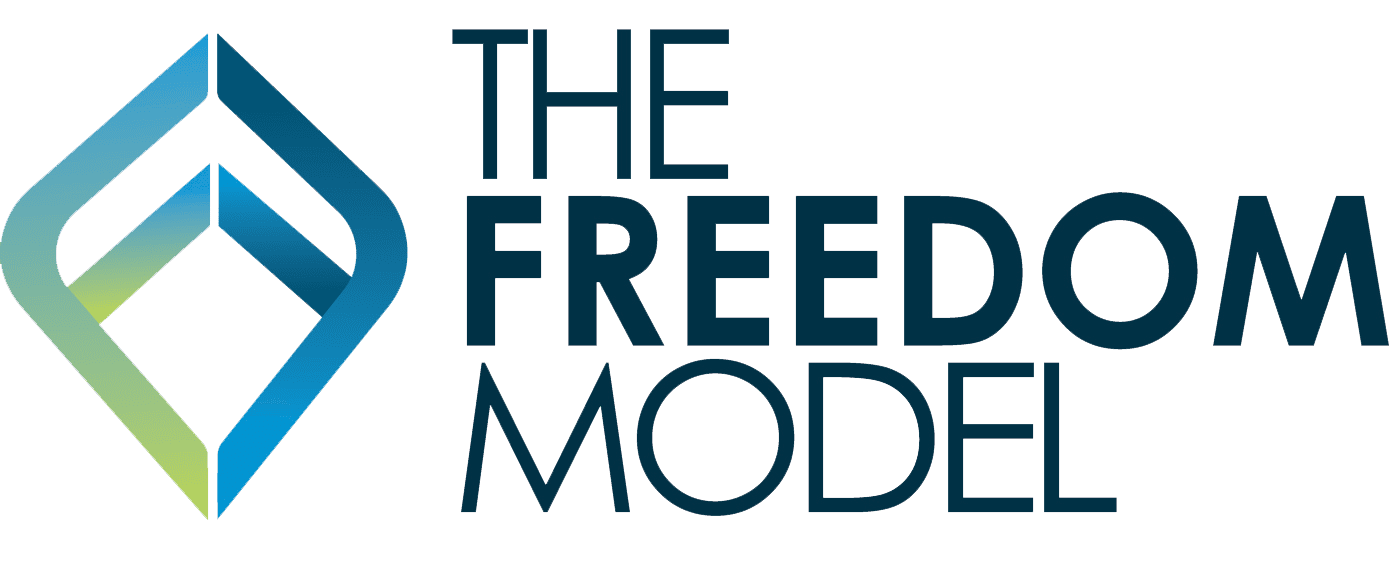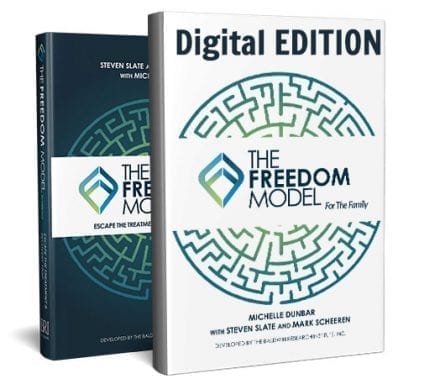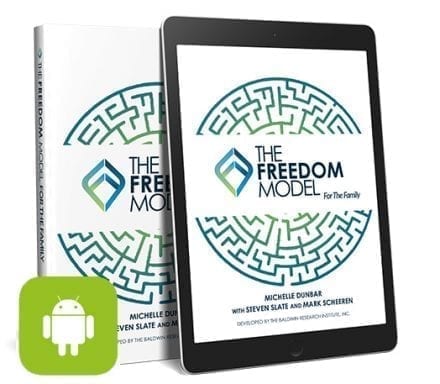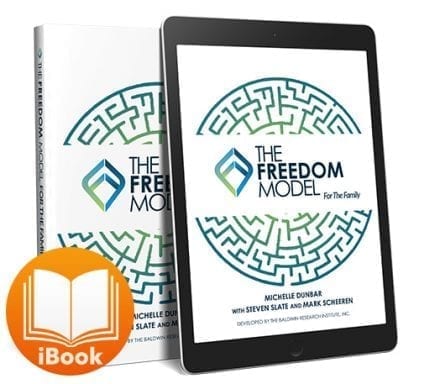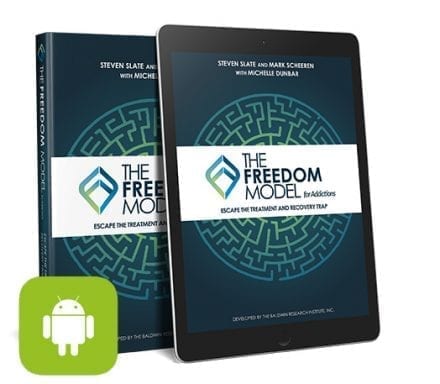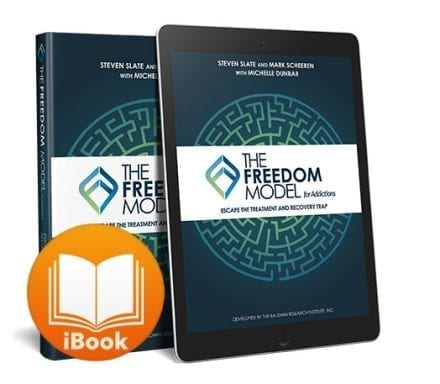Your End-of-Year Assessment: Breaking the Cycle of Broken Promises
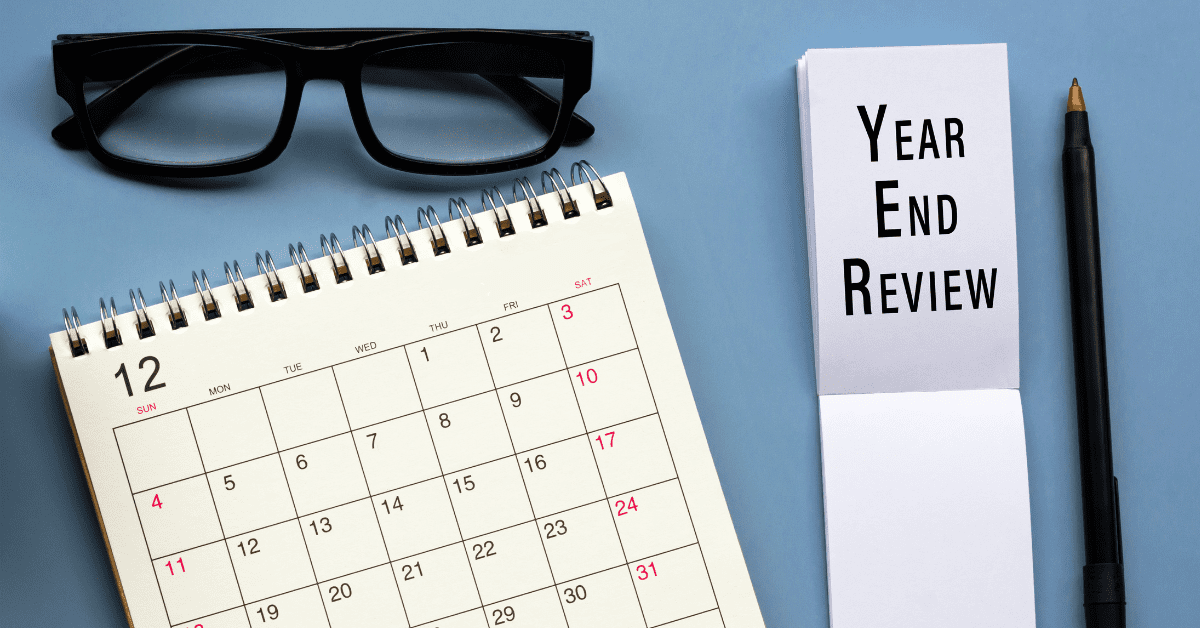
Whether you like it or not, as we come to the end of another year, we can’t help but assess, have I made progress? Am I ending the year in a better place than I started it, or do I have the same struggles I had last year at this time? It can be frustrating and disheartening when the answer to that last question is yes, I am still struggling with a problem I had wanted to solve.
As we get older, the years seem to tick by faster and faster, and they actually blend in together. The nightmare that was 2020 is more than 3 years ago, and I have talked with so many people that are still struggling with problems that developed or escalated during the lockdowns. At the beginning of 2021, 2022, and/or 2023 they were motivated that this would be the year they would get their life back on track; they would lose weight, start an exercise program, improve their relationships, find a more fulfilling job or career, or change their substance use habits.
Some started out strong only to give up a month or two into the new year, while others never even got out of the starting gate. Life seemed to get in the way. There was too much stress, too many obligations, not enough time, not enough energy; the circumstances and conditions were never ideal. And when life shit happens, we all have a tendency to go to what is comfortable for us, even if it is not actually satisfying.
For those who make immediate comfort their top priority, the allure to stay exactly the same is almost always greater than the desire to change their habits they deem to be problematic.So year after year flies off the calendar with no changes made, and they feel more and more like they have failed themselves and those they love. So how do you break that cycle? How do you make a plan and stick with it? It starts with first embracing yourself as is!
Isn’t it about time that you made an honest assessment of yourself, your likes and dislikes, your thoughts and actions, etc. and embraced it all? Once you stop beating yourself up for the things you like and do, you will then be able to honestly and accurately assess what you like about it, if it’s providing you the benefits it once did, and how much you still like it, if at all. You may be thinking, ‘It’s not that simple. I hate that I binge eat sweets and drink two bottles of wine every night – it’s literally killing me!’ Yet, you keep doing it, feeling more and more out of control and down on yourself, which actually increases your desire to do it again.
Here is the reality of the situation; you really like drinking two bottles of wine and binge eating sweets or you wouldn’t do it. You see benefits in doing it, even if they are fleeting. You find comfort in it (which is learned); you find pleasure in it (also learned); and you have developed a strong preference for it (yup, learned). This is important: Doing it and liking it doesn’t make you bad, immoral, weak, selfish, disordered or diseased in any way. It makes you human, and it’s really ok. So you can give yourself a break, and begin thinking of your behavior and yourself in a more positive light. You’re human. Humans learn and evolve based on their experience and ability to observe, evaluate, and reason. And that means, you can change your thoughts, likes, habits, and preferences, if that is what you really want to do!
So if you haven’t made the change you said you wanted to make in 2023, ask yourself these questions, “Did I actually want to make that change, or did I say I wanted to make it because I thought someone else wanted me to make it? Do I actually believe I can be happier making the change? Am I open to the possibility that I can be happier in choosing to not binge eat sweets and not drink 2 bottles of wine every night?” If the answer to those questions is, yes, I truly want to make the change because I do believe I can be happier changing, then you’re more than halfway there! But if the answer is “No,” or “I’m not sure” then you have a bit more work to do, but change is still quite possible, and even likely!
Remember, more than 90% of people who fit the criteria for substance use disorder (i.e. “addiction”) solve their substance use problems, and most don’t go to rehab, treatment, or meetings! They come to believe they can be happier making the change, and they make it. You can take heart in knowing that the odds are well in your favor that you will change, and that you are not broken, abnormal, or diseased – you are normal. Your substance use problem is temporary; you’re doing it because you see benefits in doing it; and you can change what you believe about it and your preference for it with an open mind to new information.
And lastly, as you embark on making the change, know this: for some the change happens quickly and easily, and for others it’s a learning process. If you are in the latter group, be kind to yourself and recognize your progress, and just keep going! I promise that you will get there faster than you think. And as we enter the holiday season in 2024, which is going to get here quickly, you’ll be living the life you truly want.
If you set out to solve a substance use problem or addiction at the start of 2023, and you are still struggling, it’s not too late to solve it or make a solid start at solving it before the clock strikes midnight on January 1, 2024.
The best place to start your journey to freedom from your problematic habits, (i.e. “addictions”) is to enroll in our free Move Past Addiction Masterclass offered every week. Go to: Move Past Addiction Masterclass to learn more and enroll. If you can’t attend the live class, simply enroll and you can watch the replay later at your convenience.
Michelle Dunbar is a co-creator of The Freedom Model for Addictions programs, co-author of The Freedom Model for Addictions: Escape the Treatment and Recovery Trap, and co-host of The Addiction Solution Podcast. She is a leading addiction expert in the world today. She has been researching addiction and helping people to solve their addictions for the last 34 years.
